Why Does Age Increase Risk Of Down Syndrome
Why does age increase risk of down syndrome. The overall Down syndrome prevalence at. The reason a mother over the age 35 has a higher chance of having a Down syndrome baby is because older eggs have a greater risk of improper chromosome division Mayo. Maternal age has long been recognized as the primary risk factor for nondisjunction during meiosis 1 which leads to the occurrence of such trisomies as.
The chance of having a child with Down syndrome increases with age because older eggs have a greater risk of improper chromosome division. It increases to about 1 in 100 for a woman who conceives at age 40. If an egg with 24 chromosomes is fertilized then the baby will end up with a total of 47 chromosomes.
From the WebMD Archives July 1 2003 -- Older fathers may contribute just as much as older mothers to the dramatic increase in Down syndrome risk faced by babies born to older couples. Women over age 35 are at higher risk for giving birth to a child with Down syndrome. There was no parental age influence on Down syndrome until age 35 years and older.
In the early 1900s researchers noticed children with the condition were frequently the last-born in large families and came shortly before a woman experienced menopause. Trisomy has been the focus of extensive medical research but the exact mechanism is. A paternal age effect was seen in association with a maternal age of 35 years and older and it was most pronounced when maternal age was 40 years and older p 00004.
People have long recognized there is a connection between maternal age and Down syndrome. Get the answers you need now. A womans chances of giving birth to a child with Down syndrome increase with age because older eggs have a greater risk of improper chromosome division.
Down syndrome risk by age will go up. This shows that as the age of the mother increases so does the risk of having a Down syndrome baby. Younger women under 30 who have more children can.
The chance of having a child with Down syndrome increases over time. In this later maternal age group the paternal contribution to Down syndrome was 50.
It can be that either the sperm or egg coming together during fertilization has an extra chromosome.
Because the likelihood that an egg will contain an extra copy of chromosome 21 increases significantly as a woman ages older women are much more likely than younger women to give birth to an infant with Down syndrome. People have long recognized there is a connection between maternal age and Down syndrome. The risks may be higher. Meiosis is originated in the fetal ovary arresting at metaphase I with the homologous chromosomes aligned for segregation. Soumyadeouskar9231 soumyadeouskar9231 18072018 Biology Secondary School answered Why does the risk of down syndrome increase with maternal age. In this later maternal age group the paternal contribution to Down syndrome was 50. Get the answers you need now. 46 years experience Pediatrics. This shows that as the age of the mother increases so does the risk of having a Down syndrome baby.
There was no parental age influence on Down syndrome until age 35 years and older. In the early 1900s researchers noticed children with the condition were frequently the last-born in large families and came shortly before a woman experienced menopause. People have long recognized there is a connection between maternal age and Down syndrome. The frequency rises with maternal age due to a peculiarity of meoisis in female mammals. Down Syndrome is the result of the genetic abnormality trisomy 21. There was no parental age influence on Down syndrome until age 35 years and older. The overall Down syndrome prevalence at.

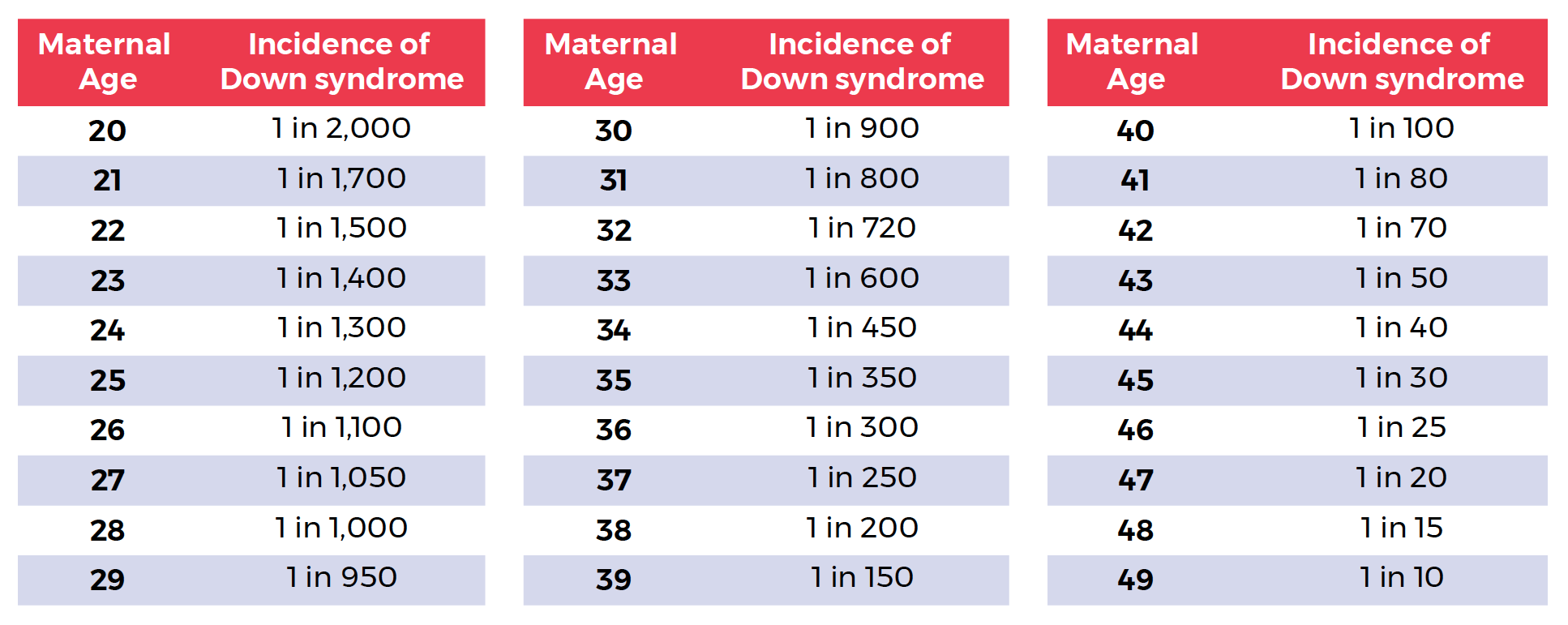
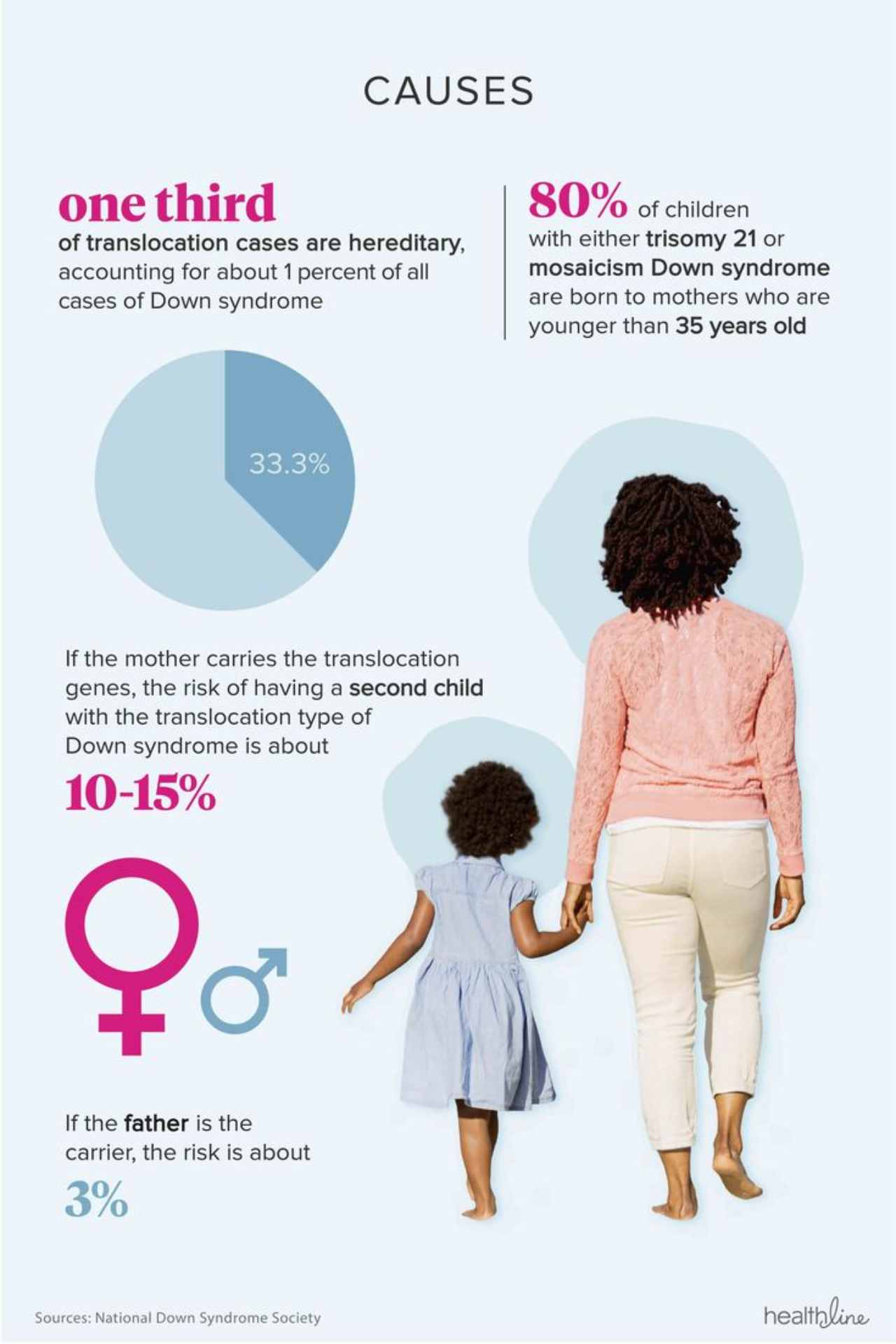




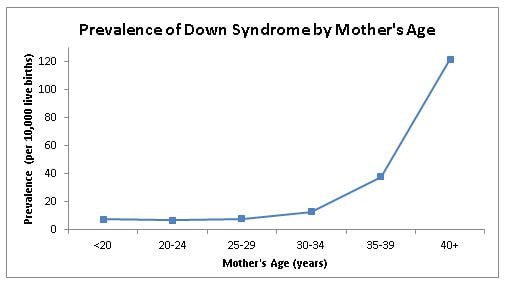

/down-syndrome-causes-5b48ed75c9e77c00379adccf.png)

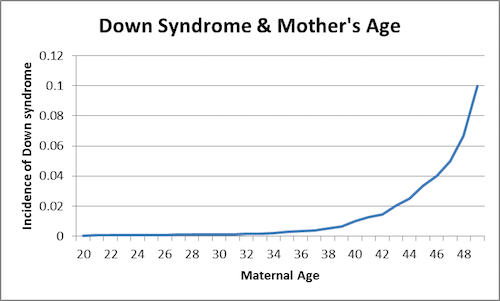

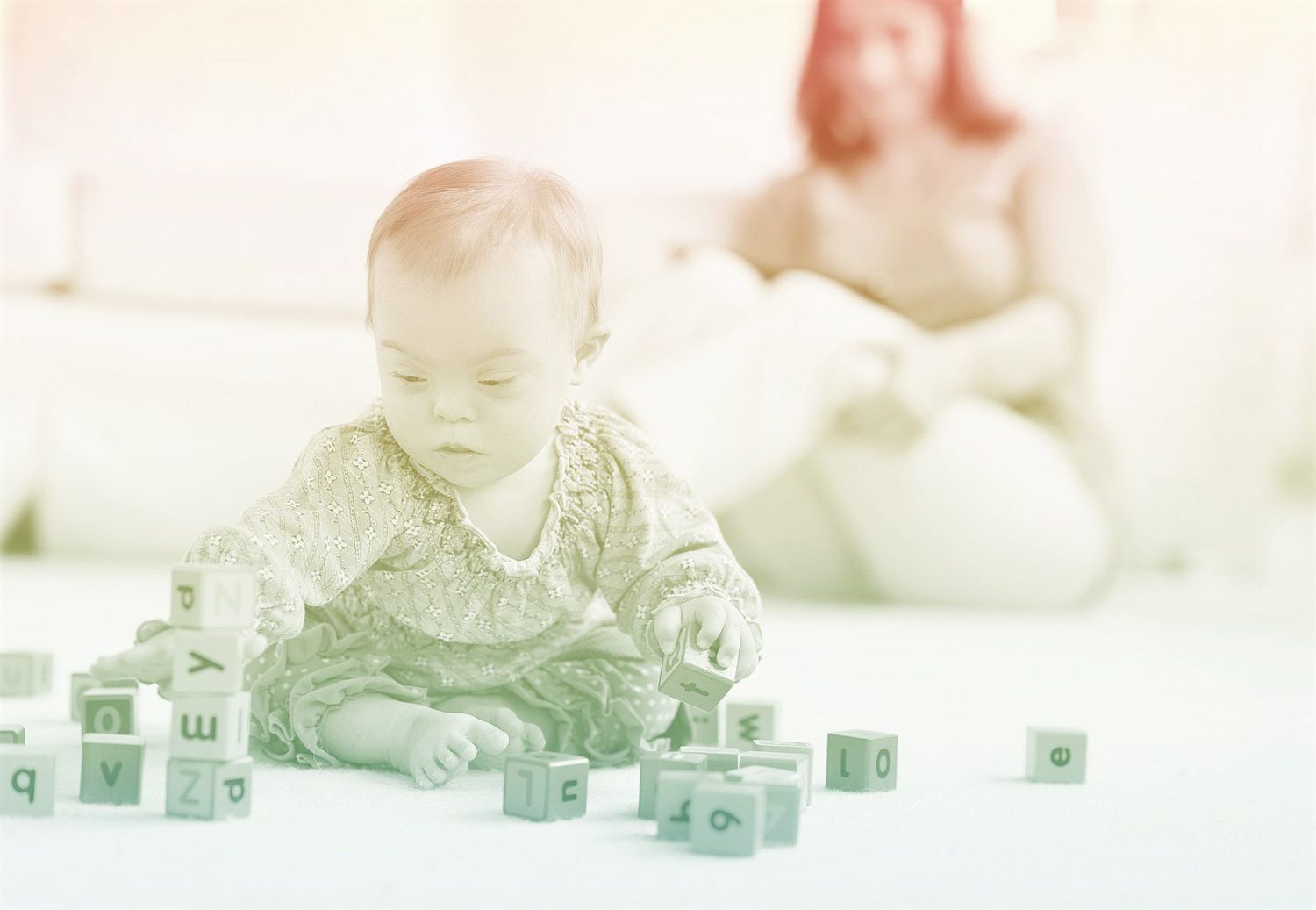


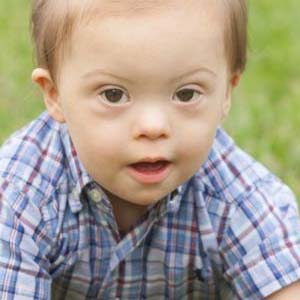


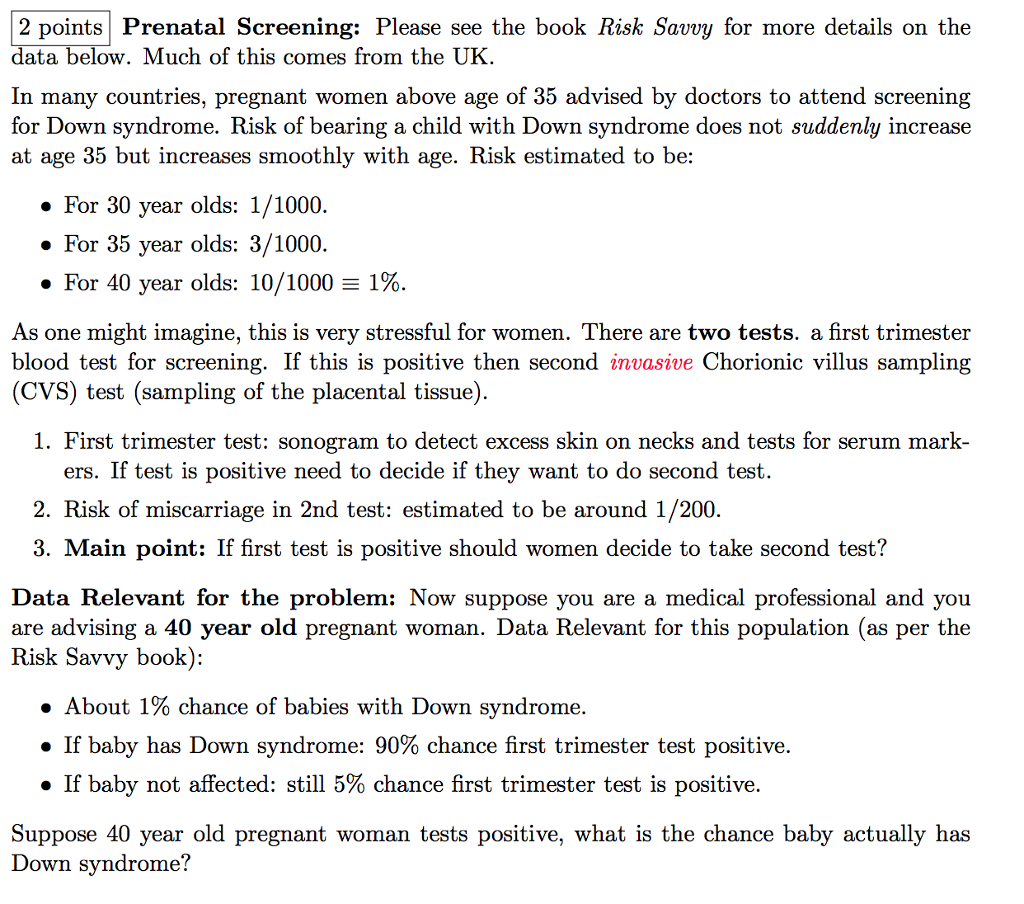


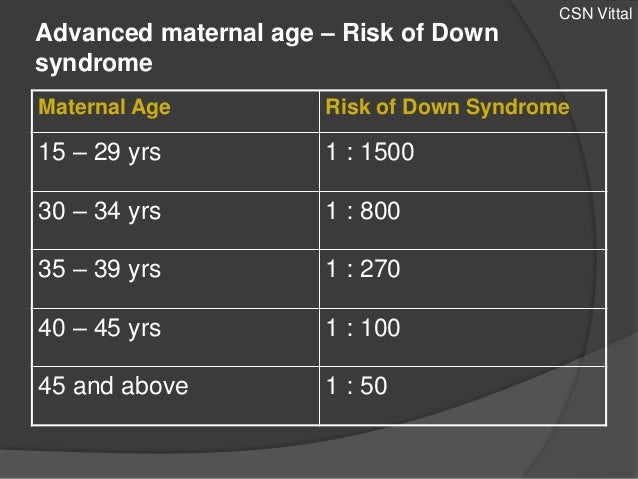




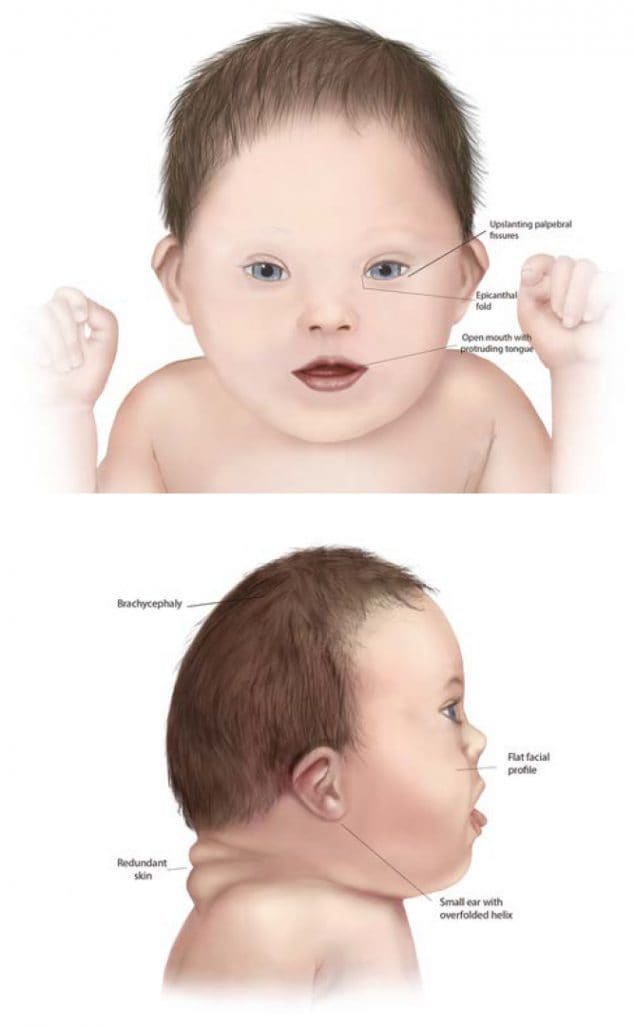

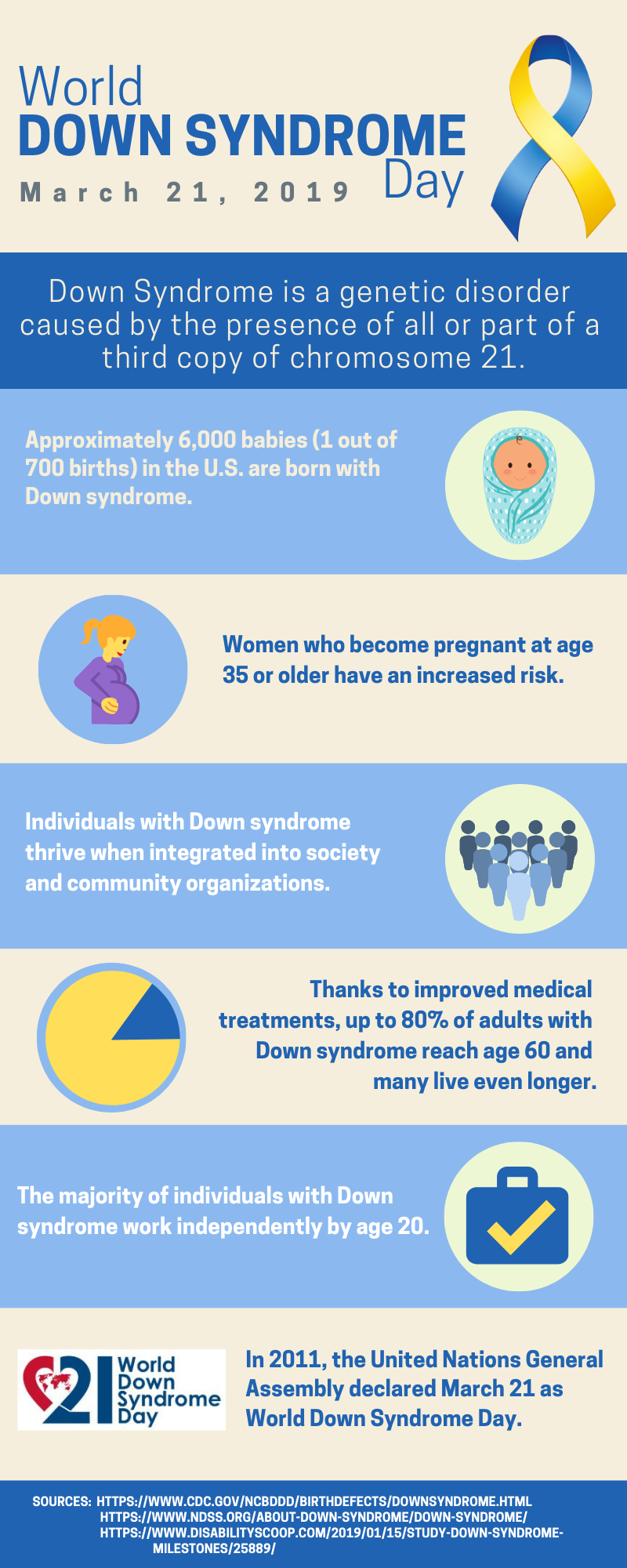
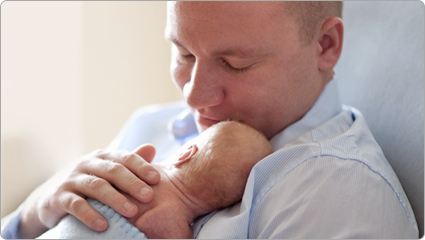
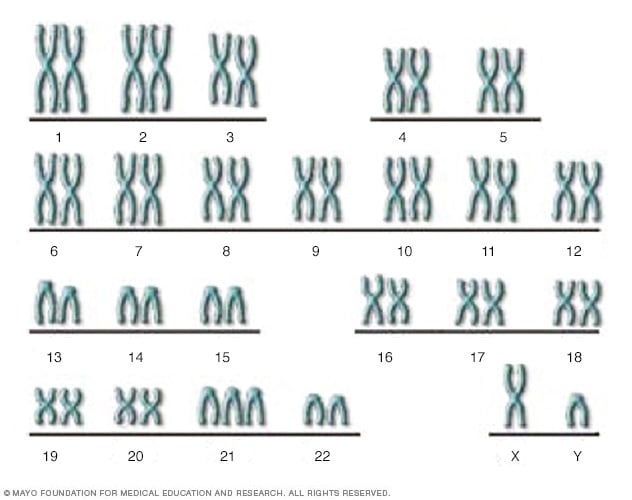





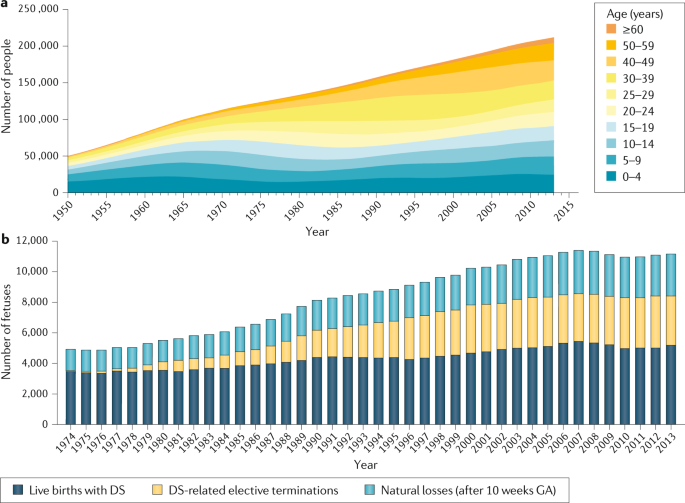
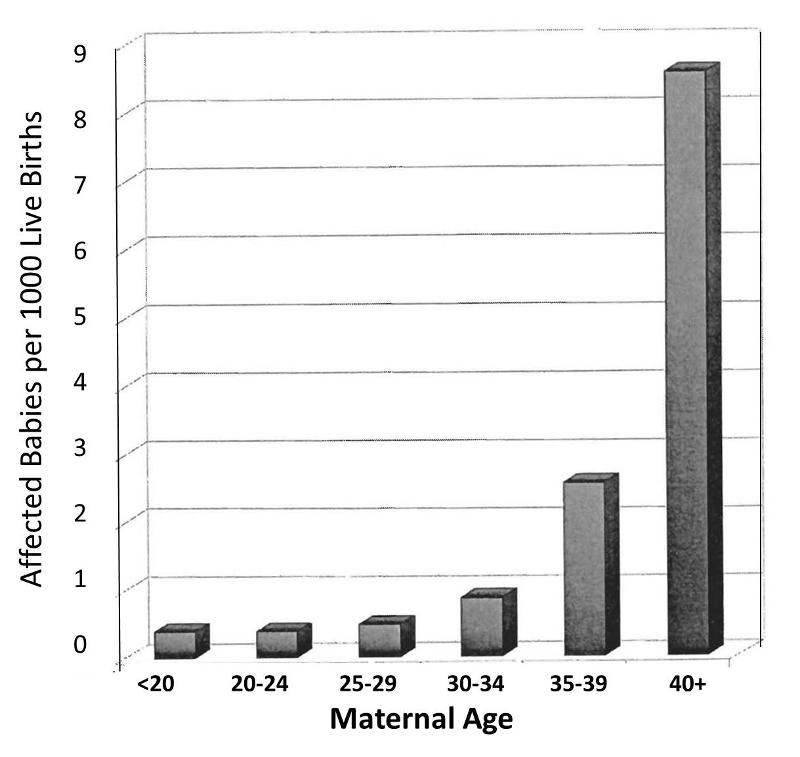
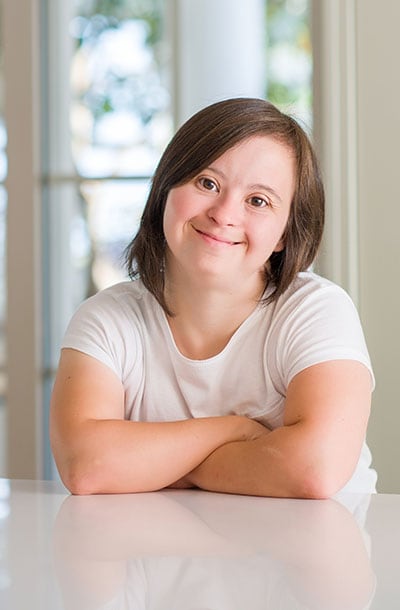

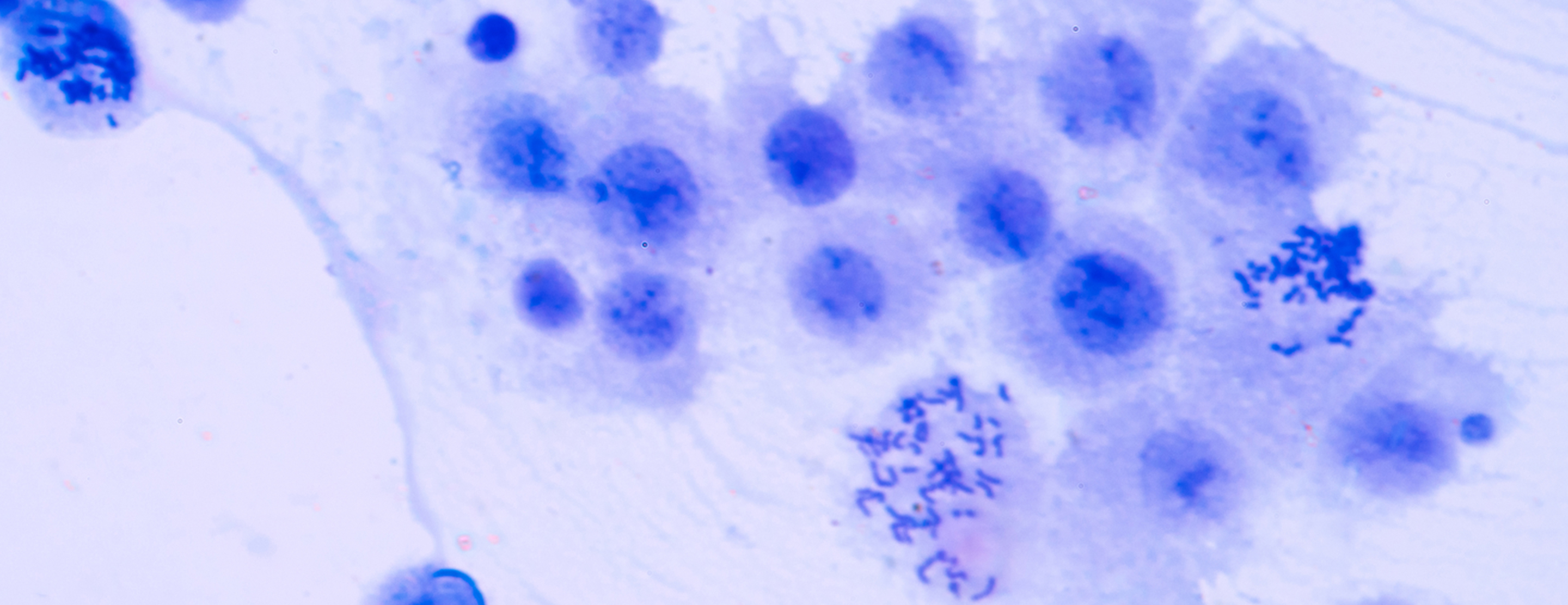
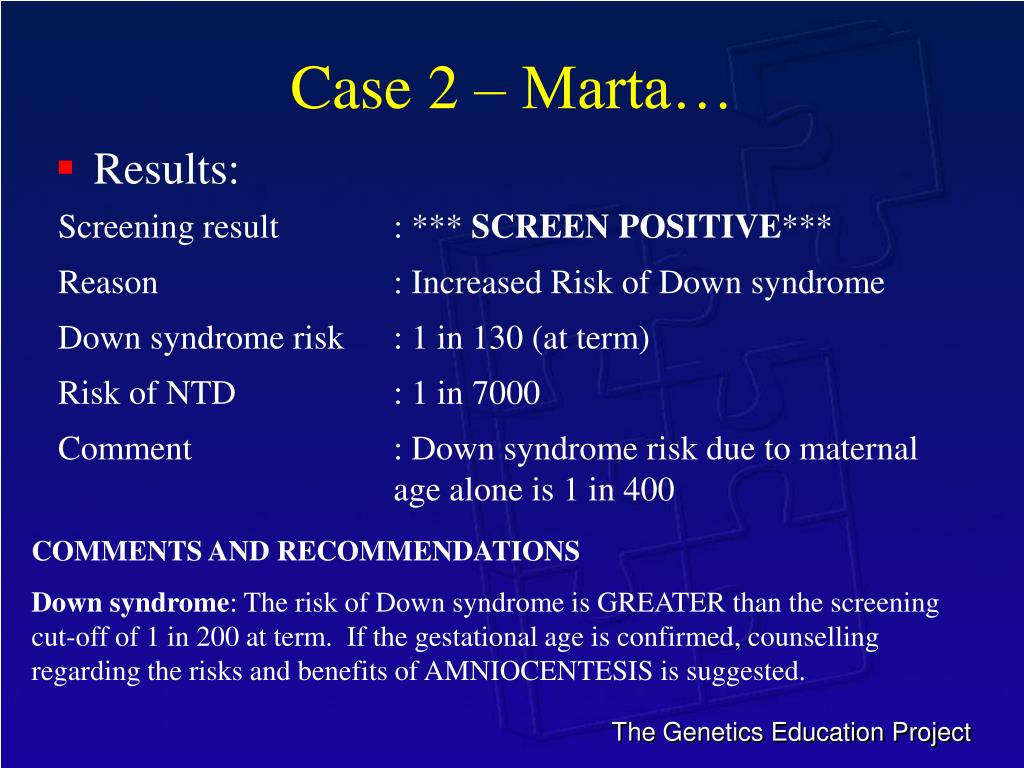

Post a Comment for "Why Does Age Increase Risk Of Down Syndrome"